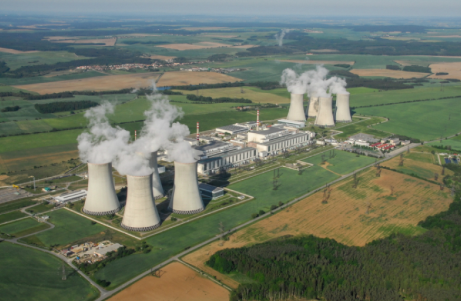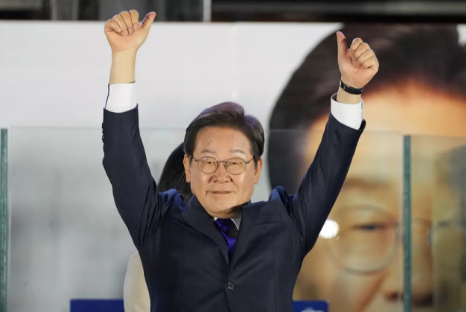
May 7, Dukovany: A Czech court has temporarily suspended the signing of an $18 billion nuclear power station contract between Elektrárna Dukovany II, a unit of state-owned utility ČEZ, and South Korea’s Korea Hydro & Nuclear Power (KHNP). The ruling is in response to a legal objection by French utility company EDF, which was defeated in the tendering process.
The Brno Regional Court issued a preliminary injunction stopping the finalization of the contract, arguing that proceeding could irreversibly shut out EDF from the tender in case the court rules in its favor later. The signing ceremony of the contract, originally set for Wednesday, is now on hold awaiting further legal proceedings.
EDF’s complaint objects to the Czech competition authority’s rejection of its objections to the tender procedure for building two nuclear reactors at the Dukovany site. The French company alleges that the choice procedure was not transparent and fair. EDF has also complained to the European Commission, relying on the EU’s Foreign Subsidies Regulation to investigate KHNP’s bid.
KHNP, which was at the helm of a consortium with affiliates of Korea Electric Power Corp., Doosan Enerbility, and Daewoo Engineering & Construction, won the order last year to construct two 1,055-megawatt APR-1000 reactors. The initial reactor was supposed to start operating in 2036.
Czech Prime Minister Petr Fiala upheld the validity of the tender process, and it was conducted appropriately and within relevant laws. He pointed out that the process of selection had been geared toward guaranteeing enough supply of inexpensive electricity to consumers and enterprises.
The court’s decision brings doubt to the Czech Republic’s biggest energy investment to date. The government and ČEZ assert that the tender was transparent and fair, and KHNP’s offer was considered the best. Yet the legal actions of EDF—and before them, Westinghouse—point to continued controversies over the conduct of the tender and KHNP’s technology application.
The timeline for resolving the legal proceedings remains uncertain, potentially impacting the project’s schedule and the country’s plans to expand its nuclear energy capacity. Keep reading Questiqa.com for more news.




